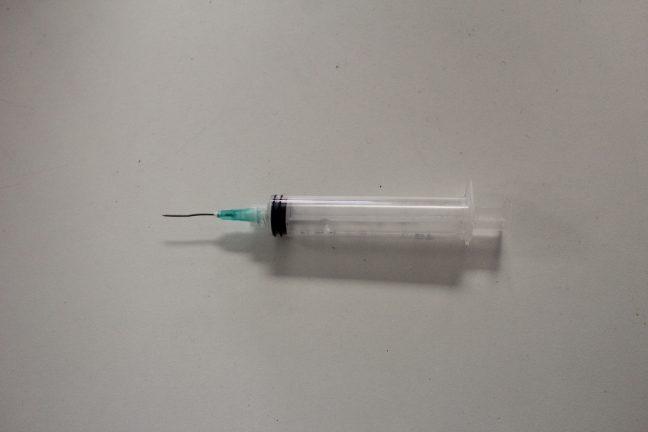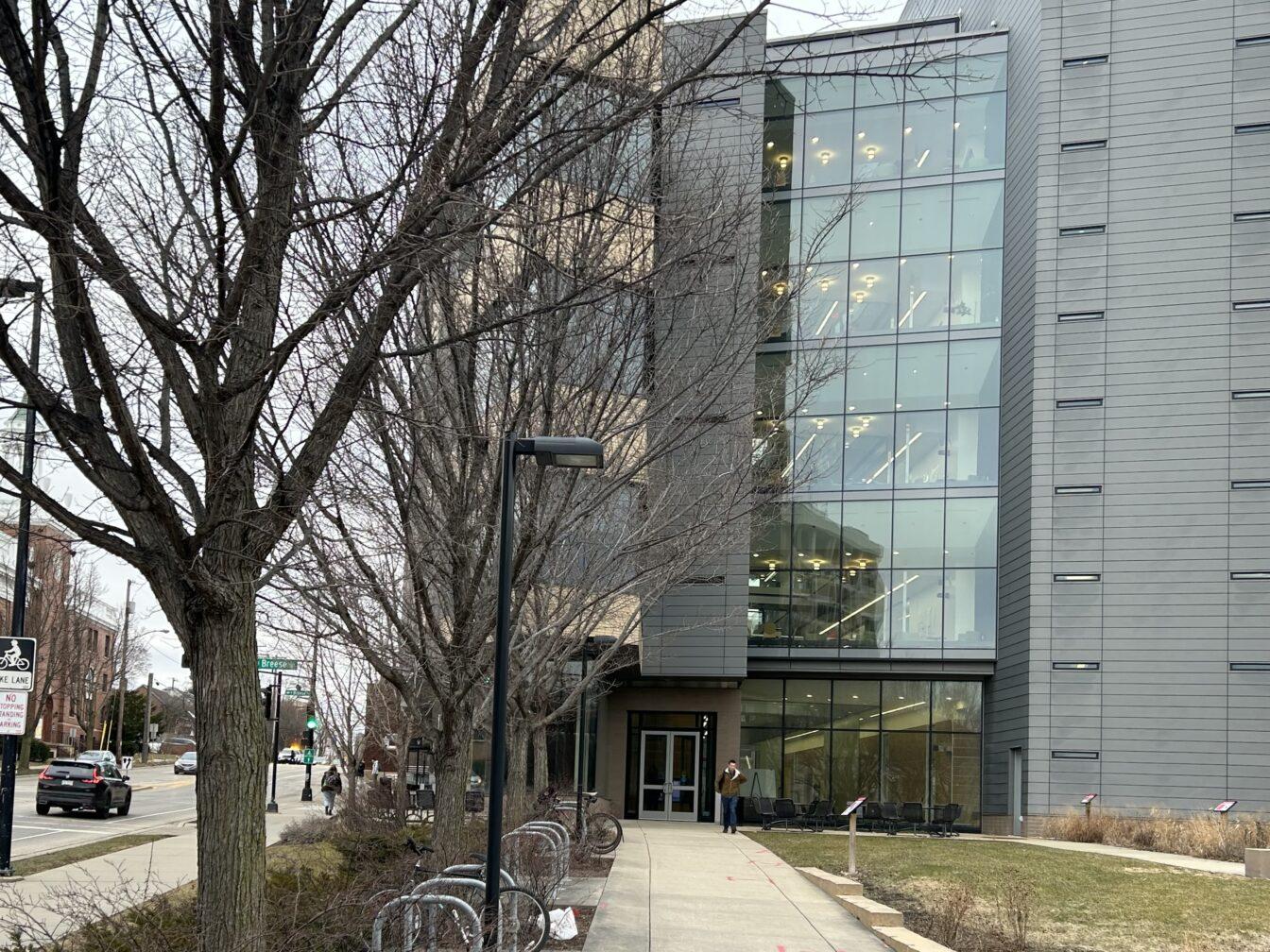The University of Wisconsin participated in a trial to test AstraZeneca’s COVID-19 vaccine. Though AstraZeneca reported a high efficacy rate, health officials have recently raised concerns about the data used to draw this conclusion.
In an email to The Badger Herald, UW COVID-19 Convalescent Plasma Program’s Principal Investigator William Hartman said UW was selected as a clinical trial site for AstraZeneca’s vaccine last fall and researchers have been working on the trial since September.
“Every person who works in this hospital has been contributing in some way to help cure COVID. It is exciting to be a part of these trials because of their historical importance,” Hartman said. “Volunteers and researchers alike felt a sense of purpose and pride as they worked together during the trial.”
According to a statement released yesterday by the National Institute of Allergy and Infectious Disease, the latest AstraZeneca study showed an increased efficacy rate. The study found the AstraZeneca vaccine was 79% effective at preventing symptomatic COVID-19 cases and 100% effective at preventing COVID-19 hospitalizations and deaths. The trial found no serious side effects.
Dane County releases new five-year violence prevention plan, student BIPOC coalition unimpressed
Volunteers receive either a placebo or a real vaccine during the trial, Hartman said. In Madison, about 370 volunteers participated out of around 30,000 participants in the study overall.
“After the volunteers get the injection, researchers follow up with them daily, then weekly, looking for side effects and noting their severity.” Hartman said. “Then, researchers collect data from each participant and send the information to AstraZeneca to interpret the results.”
Though AstraZeneca indicated the vaccine has a high efficacy rate, the NIAID released a statement early Tuesday morning raising concerns about the data. The statement said the Data and Safety Monitoring Board notified NIAID and AstraZeneca the organization was concerned about some information released by AstraZeneca on initial data from its clinical trial.
“AstraZeneca may have included outdated information from that trial, which may have provided an incomplete view of the efficacy data,” the NIAID statement said. “We urge the company to work with the DSMB to review the efficacy data and ensure the most accurate, up-to-date efficacy data be made public as quickly as possible.”
In response to this statement, AstraZeneca said it would share its primary analysis with the most recent efficacy data. They plan to announce the results within 48 hours, according to Stat News.
This is not the first time AstraZeneca’s vaccine came under scrutiny by health officials. In Europe earlier this month, 13 people reported blood clots after vaccination, leading more than a dozen European countries to stop using the AstraZeneca vaccine, according to NPR.
The U.S. trial of the vaccine, though, found no risk of blood clots or other safety concerns, according to Stat News. In the coming weeks, the U.S. Food and Drug Administration will review AstraZeneca’s vaccine for authorization and make an independent decision.
MyUHS portal to be used for vaccine eligibility alerts, appointment scheduling
Hartman said the vaccine is safe and effective — it is just a matter of figuring out how effective it is.
“Because it’s inexpensive to make and easy to distribute, it’s an important asset in the fight against COVID-19,” Hartman said. “UW-Madison continues to be at the forefront of this fight against the pandemic and continues to be very proactive in recruiting the most promising treatment and vaccine trials to our campus.”























